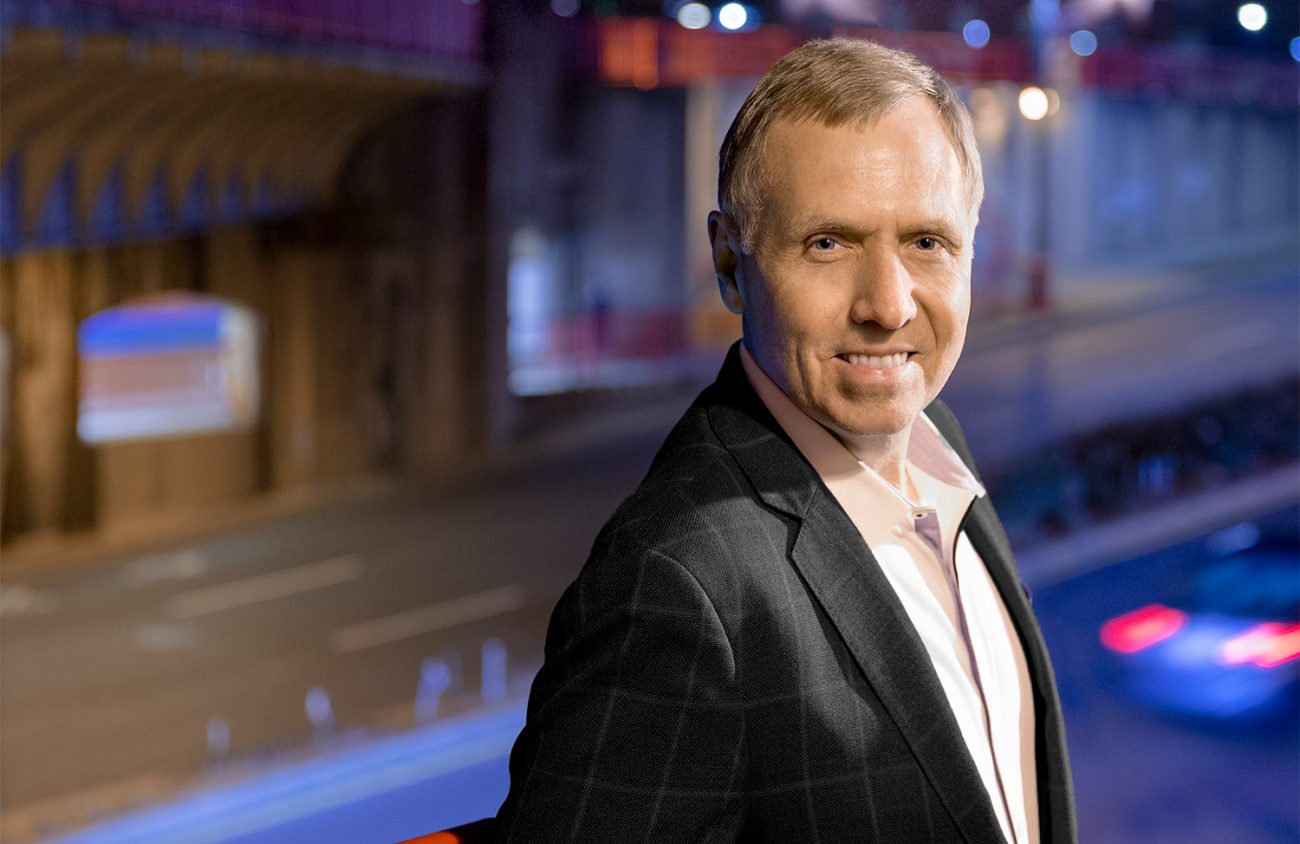Most of the non-pop music we cover at Eugene Weekly is for grownups. Not because of naughty, (Tipper) Gore-y lyrics — young ones hear plenty of cussin’ on streams and downloads. It’s not because kids can’t appreciate or understand anything longer than three minutes (they sure can — and do!). But it’s because the shows are too long and usually too expensive for teenagers and families.
So it’s a treat to see several concerts this month aimed at younger audiences, and with discount ticket prices to match. It’s part of an increasing recognition among classical music presenters that the world has changed since the 20th century.
If we want younger audiences to engage with classical music, whether the museum music of the past or today’s vital contemporary sounds in the classical tradition, we need to reach out to them, not just expect them to discover it on their own.
Choirs are an excellent place for those discoveries to happen, and you can hear students from 14 Lane County high schools sing a variety of music at this year’s Metropolitan Choral Festival on Tuesday, April 23, at the Hult Center’s Silva Concert Hall. Tickets top out at $10.50.
At 11 am Saturday, April 27, in the same venue, Eugene Concert Choir offers a family friendly version of its American Style concert, which presents a different kind of American classical music — Big Band-era music and Broadway show tunes from the last century — in kid-friendly format and time. The full show for the grown ups that night at Silva pairs the 100-voice choir with a barbershop quartet and well known Eugene performers Vicki Brabham on piano with Evynne Hollens and fellow Broadway singer Calvin Orlando Smith.
The following afternoon, Sunday, April 28, at the Hult’s Soreng Theater, Eugene Symphony follows with its own family concert that allows the kiddos to explore symphonic music with help from a virtually reincarnated Ludwig van Beethoven himself.
Students of all ages are also deeply involved in Eugene Symphony’s “adult” show Thursday, April 18, creating abstract and colorful art displays seen in the lobby and concert hall. Surely not coincidentally, two days before 4/20, the show features Russian composer Alexander Scriabin’s notorious expansive, colorful and voluptuous music, which imbibes both Romanticism and Impressionism.
ESO should sell edibles out in the lobby before this one.
Perhaps gifted by synesthesia, the crazy visionary Russian composer (like others then and now) “saw” sounds as colors — the note A was green, for example. His score for Prometheus: The Poem of Fire included a part for “light organ” that could display colors corresponding to the pitches in his music, but he was born about a century too soon for technology to fully realize his vision.
Fortunately, the mad scientist/artists at Eugene’s Harmonic Laboratory and Light at Play have arrived to help the ESO realize Scriabin’s vision for the proto-psychedelic 1910 piano concerto with an eight-foot keyboard-controlled Radiance Orb suspended above the stage projecting tapestries of light around Silva Hall matched to the music.
The show also includes his famous 1908 fourth symphony, Poem of Ecstasy, which expresses everything from erotic to mystic to cosmic, plus short classical greatest hits by Handel, Grieg, Debussy, Pärt and more.
Speaking of expansive Romanticism, New Yorker music critic Alex Ross gives the University of Oregon’s annual Gontrum Lecture April 29 in Straub Memorial Hall Room 156. “Lords of the Ring: Wagner and Fantasy Culture” is drawn from his forthcoming book about uber-Romantic German composer Richard Wagner.
For a more intimately scaled musical experience, Spire Duo’s Friday, April 26, show at Tsunami Books features superb Eugene soprano Emma Rose Lynn and pianist performing settings of poetry by Emily Dickinson, William Shakespeare, W. H. Auden, Robert Frost and more, by 20th- and 21st-century composers composers such as André Previn, Dominick Argento (both of whom died this year), Benjamin Britten, Ned Rorem and others. Local poet Jorah LaFleur will read original work at the show.
Guitar great Don Latarski’s D’Trio plays its mix of jazz, folk, funk and more Saturday, April 20, at the Jazz Station.
Jazz vibraphonist/drummer Chuck Redd and company play standards and originals — no doubt including their swinging track “Blues in The Shedd” — from their new Groove City CD Thursday, April 25, at The Shedd.
And again remembering that even young people can play music that originated long before they were born, Lane Community College Jazz Combos usher out jazz month at Jazz Station Tuesday, April 30.
